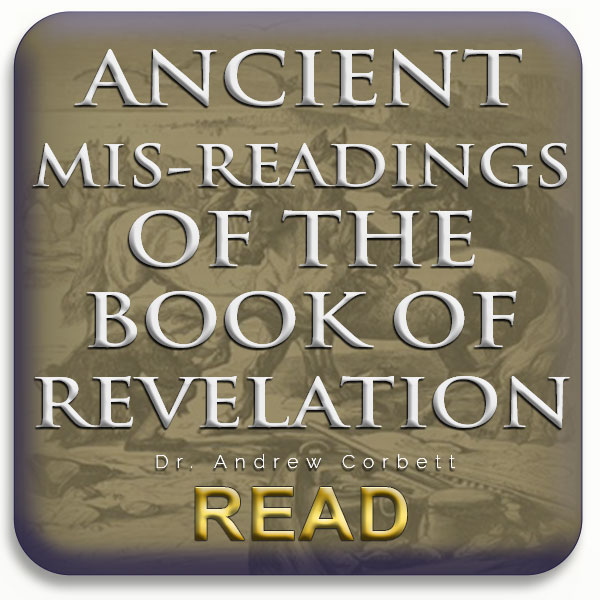
Ancient Mis-readings of The Book of Revelation
Beginning from the late Second Century, prominent Christian thinkers and preachers have got the interpretation of the Book of Revelation wildly wrong.

Beginning from the late Second Century, prominent Christian thinkers and preachers have got the interpretation of the Book of Revelation wildly wrong.

This unquenchable longing by people to know what the future holds and hopes that the Bible spells it out in detail, shows that believers have undergone a conditioning over the past century and a half that this is what Bible prophecies are about.
For the past decade and a half I have been arguing that this is not the focus of either the Bible or its prophecies. Rather than approaching the Bible with a set of assumptions about its contents, it is better to approach the Bible seeking to understand its original message. This process is known as exegesis. To exegete a Scripture, and especially a Biblical prophecy, we must answer several questions:

There are several reasons why we can have confidence that the Bible is truly God’s divinely inspired, infallible, inerrant, Word to mankind. It is historically verifiable, it is experientially testable, it is philosophically credible, but perhaps one of the greatest evidences for the Bible being the divinely inspired Word of God, is fulfilled prophecy.
When the Dead Sea Scrolls were discovered in 1946, it gave the world irrefutable proof that the contents of the Book of Isaiah were undoubtedly written before the birth of Christ. This means that the passages of detailed prophecies with Isaiah about the coming Messiah must have been written before the Messiah, Jesus of Nazareth, actually came…